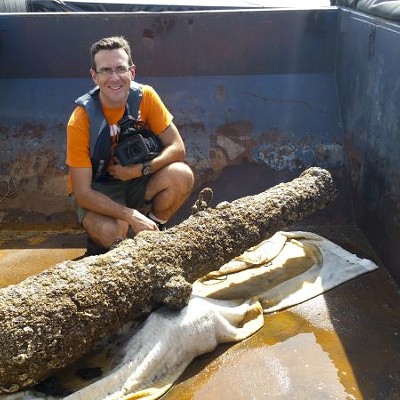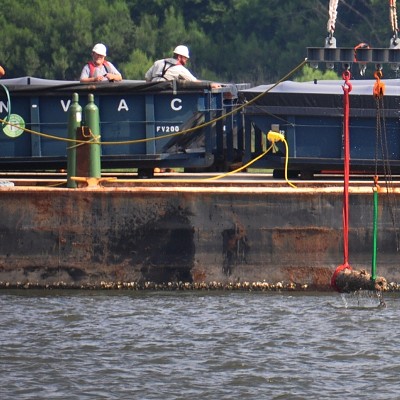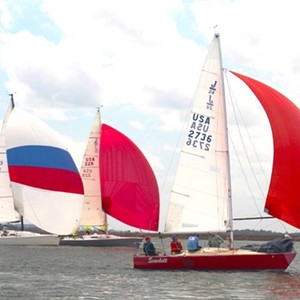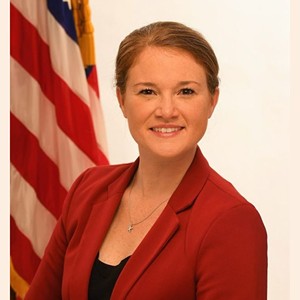Editor,
Regarding your column last week, "A deepening problem:"
The Center for a Sustainable Coast shares Steve Willis's concerns (he's our board president).
One of our major concerns, paralleling Steve's comments, is that Corps projects epitomize reckless government spending — commonly known as "pork-barrel politics."
If other states in the Southeast and their home-team ports follow Savannah's example (which is likely if not certain), several billion federal tax dollars could be squandered by wasteful overbuilding of U.S. port capacity in the political game of competitive pork-barreling, with proportional environmental damage throughout a multi-state area.
An enlightening indicator of the extent to which Savannah is ill-suited to compete in this game is revealed by the enormous mitigation costs, as Steve notes. We believe that a maximum should be established for mitigation costs as a portion of total project costs, beyond which a project would not be eligible for federal funding.
Mitigation is a measure of the cost of trying to engineer a project to overcome environmental damage and constraints. The less suitable a location is for a project, the more effort that must be expended to overcome those constraints with mitigation.
If rational eligibility limits were adopted, the Savannah deepening project would simply not qualify, because mitigation expenses are nearly half the estimated total project cost of some $600 million.
Beyond that, there are significant risks of using tentative mitigation approaches, such as oxygen injectors ("bubblers") in trying to overcome seasonal risks to river life to be made worse by the project.
If any mitigation methods fail, there will be additional costs for either redesigning them to work better or replacing them altogether — as well as added environmental harm.
In the worst cases of mitigation, like the infamous 'tide gate' tried in a previous Savannah harbor project, years of environmental damage accumulates before additional federal funding can be secured to correct the problem.
Unfortunately, pork-barrel waste thrives in part because there is far too little study of the net benefits and costs of projects once they are built. The absence of such information contributes to still more wasteful spending because the downside consequences of past ventures are not known, and false claims of benefits go unchallenged.
As a result, money is thrown at building ill-considered projects, while funding to study the impacts of them are scarce and seldom pursued, since the politics of such evaluations are stacked against them.
After all, who wants to disclose their past mistakes caused by reckless spending?
David Kyler, Center for a Sustainable Coast























